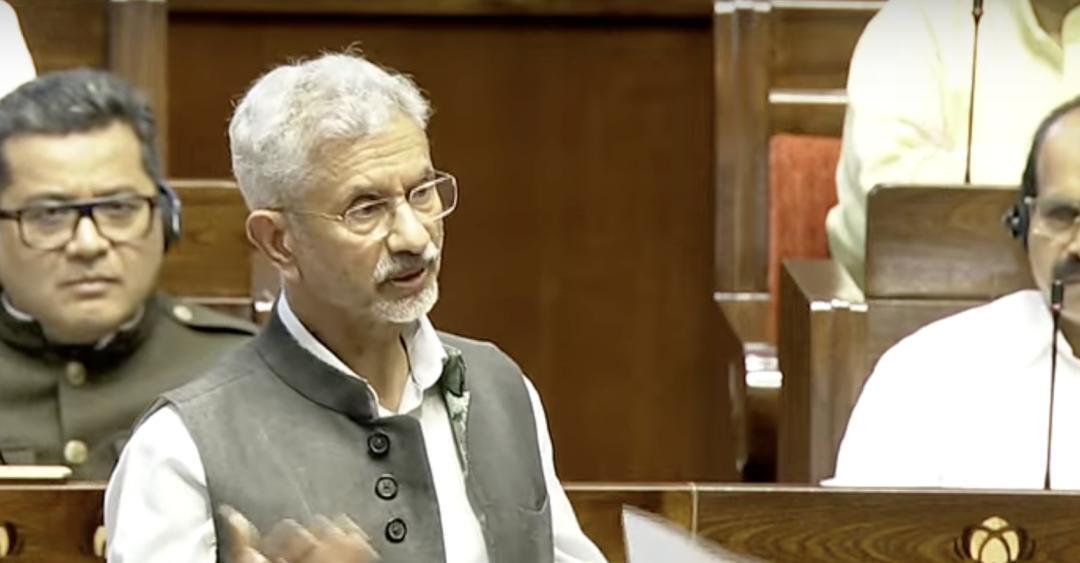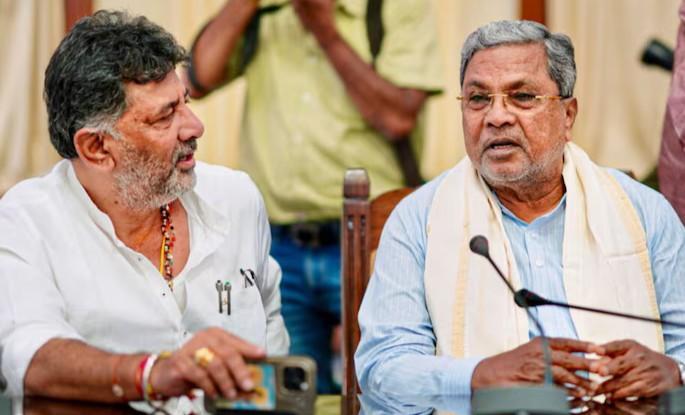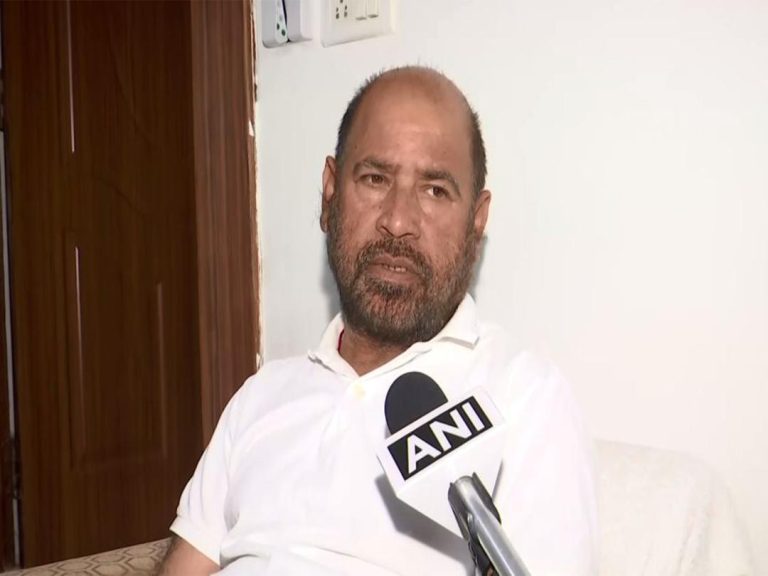
Title: We did a global service by destroying Bahawalpur & Muridke: EAM
In a recent statement, External Affairs Minister (EAM) S Jaishankar made a bold claim, stating that India had performed a “global service” by destroying two Pakistani terror camps, Bahawalpur and Muridke, during Operation Sindoor on May 7. Jaishankar’s remarks were made in the Rajya Sabha, where he emphasized the significance of the operation and its impact on the global fight against terrorism.
For decades, Bahawalpur and Muridke had been considered the largest and most notorious centers of terrorism globally. The two camps were known to be hubs for terrorist organizations, providing training and shelter to militants from across the world. However, with India’s precision strike, the camps were reduced to dust, sending a strong message to terrorist organizations and their backers.
Jaishankar’s statement is a testament to India’s commitment to combating terrorism and promoting regional stability. The EAM’s remarks have sparked a mix of reactions, with some lauding India’s bold move as a significant achievement in the global fight against terrorism, while others have questioned the efficacy of such actions.
But what exactly were Bahawalpur and Muridke, and why were they considered so significant in the global context? To understand the significance of Jaishankar’s statement, it is essential to delve into the history of these camps and the terrorist organizations that operated from them.
Bahawalpur and Muridke: The Terror Camps
Bahawalpur and Muridke were two of the nine Pakistani terror camps that India destroyed during Operation Sindoor on May 7. The camps were located in the Punjab province of Pakistan and had been operational for decades, providing training and shelter to militants from across the world.
Bahawalpur, in particular, was notorious for its role in training and launching terrorist attacks against India. The camp was believed to be linked to several terrorist organizations, including Lashkar-e-Taiba (LeT) and Jaish-e-Mohammed (JeM), which have been responsible for several high-profile terrorist attacks in India, including the 2008 Mumbai attacks and the 2019 Pulwama attack.
Muridke, on the other hand, was considered the headquarters of LeT, one of the most notorious terrorist organizations operating in the region. The camp was believed to be involved in the planning and execution of several terrorist attacks, including the 2001 Parliament attack in New Delhi.
The Significance of India’s Strike
India’s strike on Bahawalpur and Muridke camps was a significant development in the global fight against terrorism. The camps were considered hubs for terrorist organizations, and their destruction dealt a significant blow to their operational capabilities.
Jaishankar’s statement that India performed a “global service” by destroying the camps highlights the significance of the operation. The EAM’s remarks also emphasize the impact of the operation on the global fight against terrorism, suggesting that India’s actions had a ripple effect, with the international community expressing gratitude for India’s bold move.
The operation was also significant because it marked a shift in India’s approach to counter-terrorism. In the past, India had focused primarily on internal security, with a limited scope of operations against terrorist organizations. However, with Operation Sindoor, India demonstrated its willingness to take the fight to the enemy’s doorstep, targeting terrorist camps across the border.
The international community has welcomed India’s move, with several countries expressing support for India’s efforts to combat terrorism. The United States, in particular, has been vocal in its support for India’s actions, with US Secretary of State Antony Blinken stating that India’s operation was a “strong message” to terrorist organizations.
Challenges Ahead
Despite the significance of India’s strike, there are several challenges ahead. Pakistan has denied any involvement in the camps, and it is unclear whether the destruction of the camps has dealt a fatal blow to terrorist organizations operating from the region.
Moreover, the global fight against terrorism is a complex and evolving phenomenon, requiring sustained efforts and cooperation from countries around the world. India’s actions, while significant, are just one part of the broader effort to combat terrorism.
Conclusion
Jaishankar’s statement that India performed a “global service” by destroying Bahawalpur and Muridke camps highlights the significance of India’s actions in the global fight against terrorism. The operation was a bold move, demonstrating India’s willingness to take the fight to the enemy’s doorstep and disrupt the operational capabilities of terrorist organizations.
While there are challenges ahead, India’s actions have sent a strong message to terrorist organizations and their backers. The international community has welcomed India’s move, and it is clear that India’s commitment to combating terrorism is unwavering.
As the global fight against terrorism continues to evolve, it is essential that countries like India remain vigilant and continue to take bold actions to disrupt the operational capabilities of terrorist organizations. With its Operation Sindoor, India has demonstrated its willingness to do just that, and its actions will be closely watched by the international community.
News Source:
https://www.youtube.com/watch






